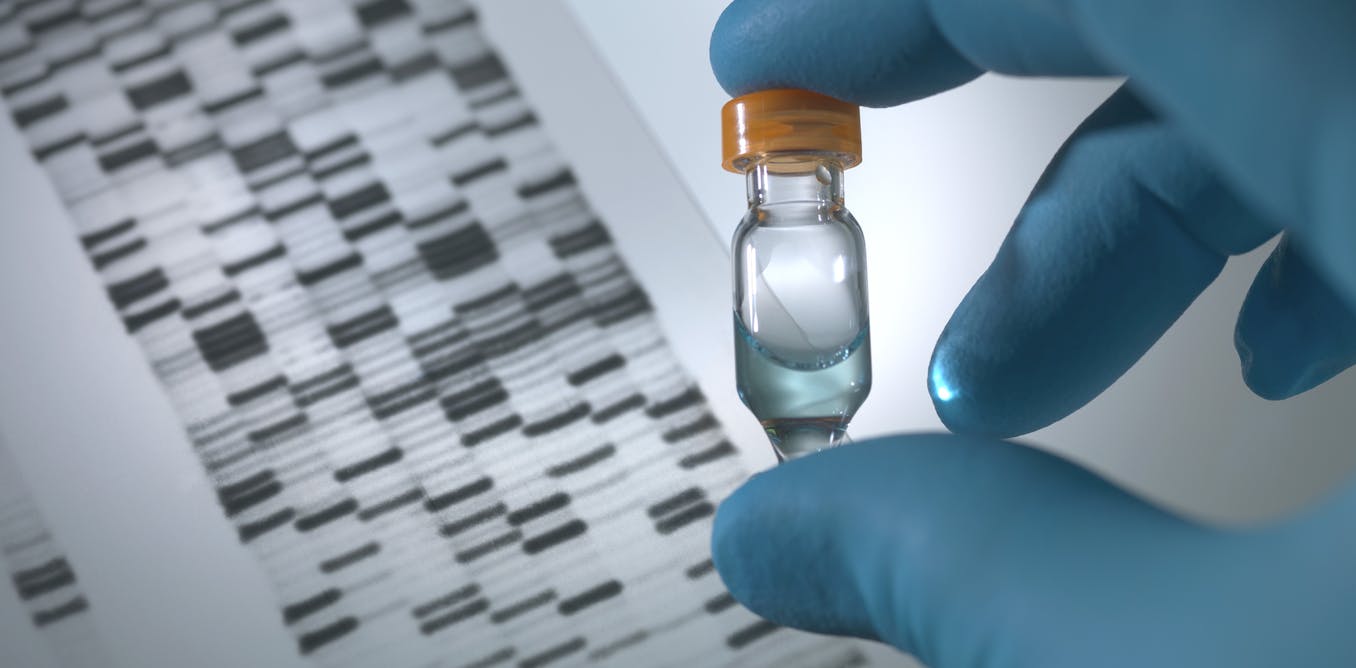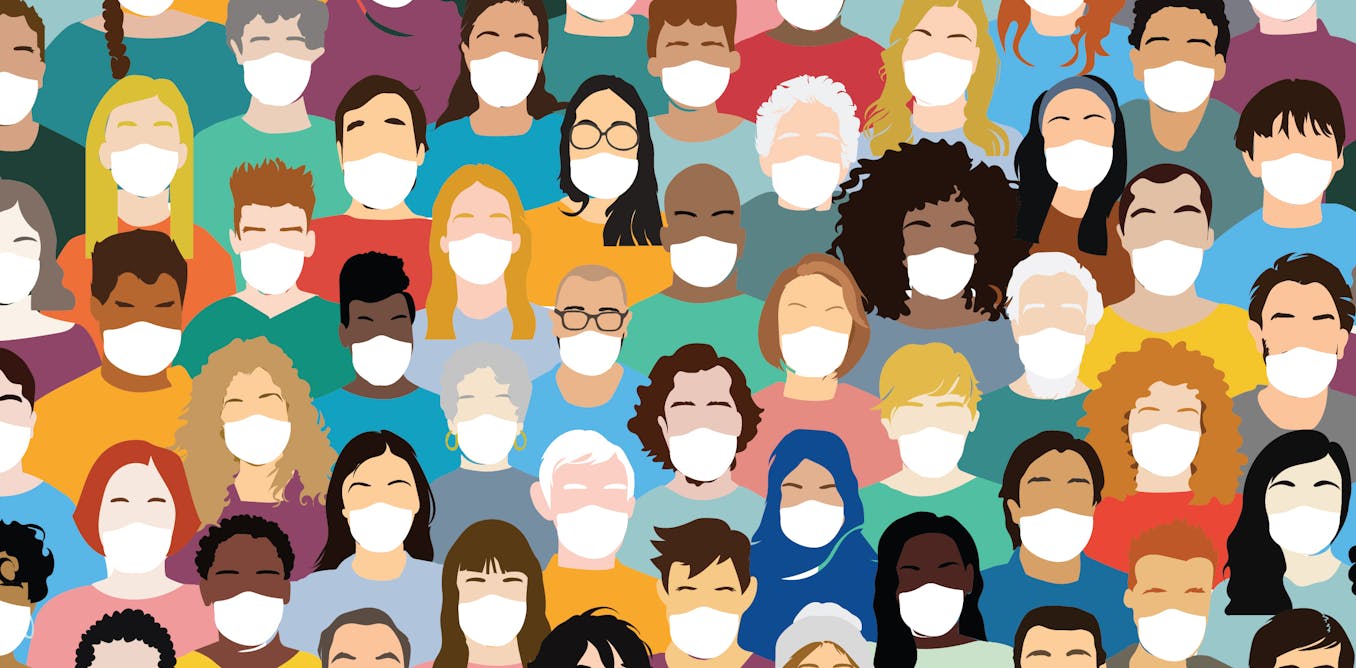Researchers can learn a lot with your genetic information, even when you skip survey questions – yesterday's mode of informed consent doesn't quite fit today's biobank studies
Biobanks collect and store large amounts of data that researchers use to conduct a wide range of studies. Making sure participants understand what they’re getting into can help build trust in science.
June 29, 2023 • ~7 min





